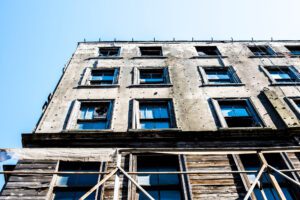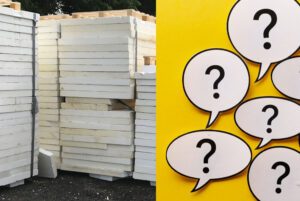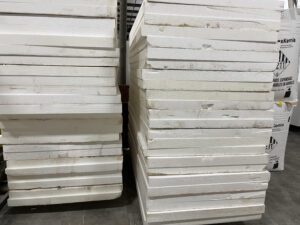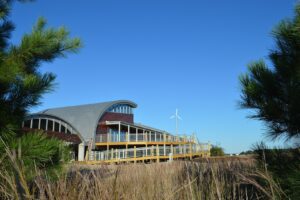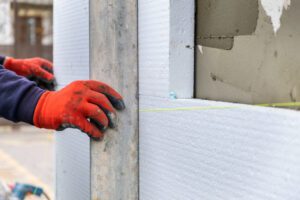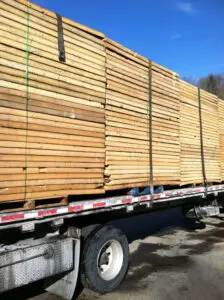Green Building on a Budget: Massachusetts Energy Codes Meet Reclaimed Foam
Building a new home or undertaking a major renovation in Massachusetts comes with a hefty price tag, thanks in part to the rising costs of construction materials. But did you…
Reclaimed Foam Insulation: A Cost-Effective Solution for Retrofits
Revitalizing Older Buildings: The Power of Reclaimed Foam Panel Insulation for Energy Efficiency Older buildings, while often charming and full of character, frequently suffer from energy inefficiency due to outdated…
Reclaimed Foam Insulation Panels: Key Questions to Identify the Best Suppliers
As sustainable building practices gain momentum, sourcing high-quality reclaimed foam insulation panels becomes increasingly important. The success of integrating these eco-friendly materials into your projects hinges on partnering with a…
Efficient Insulation with Foam Panels: Key Applications and Green Benefits
To enhance the effectiveness of insulation in various parts of a structure, it is important to choose the right type of foam insulation panel. Here is an expanded guide on…
The Role of Reclaimed Insulation in Green Building Certifications
Green building certifications have become essential in promoting sustainability in construction. These certifications, such as LEED (Leadership in Energy and Environmental Design) and Green Globes, set standards for environmentally responsible…
Case Studies of Innovative Insulation Solutions
Here are some collections of resources for building professionals, homeowners, and anyone interested in enhancing the energy performance of buildings across diverse climates. These case studies and guides dive into…
Foam Board Insulation for Soundproofing: Understanding How It Works
Foam board insulation is often misconstrued as a great standalone soundproofing solution. Here’s the reality: What it Does: Foam board insulation primarily functions as a thermal insulator, used to reduce…
Building a Circular Economy in Construction: How Insulation Recycling Contributes to a Sustainable Future
The concept of a circular economy provides a practical alternative to address the growing environmental challenges of resource depletion and landfill overcrowding. This model emphasizes the importance of keeping resources…
Reclaimed Insulation: Disrupting the Waste Cycle for a Greener Building Industry
Proper insulation is crucial for creating energy-efficient buildings that provide lasting comfort. It helps control temperatures, reduces energy consumption, and lowers your utility bills. Yet, there’s an often overlooked aspect…


